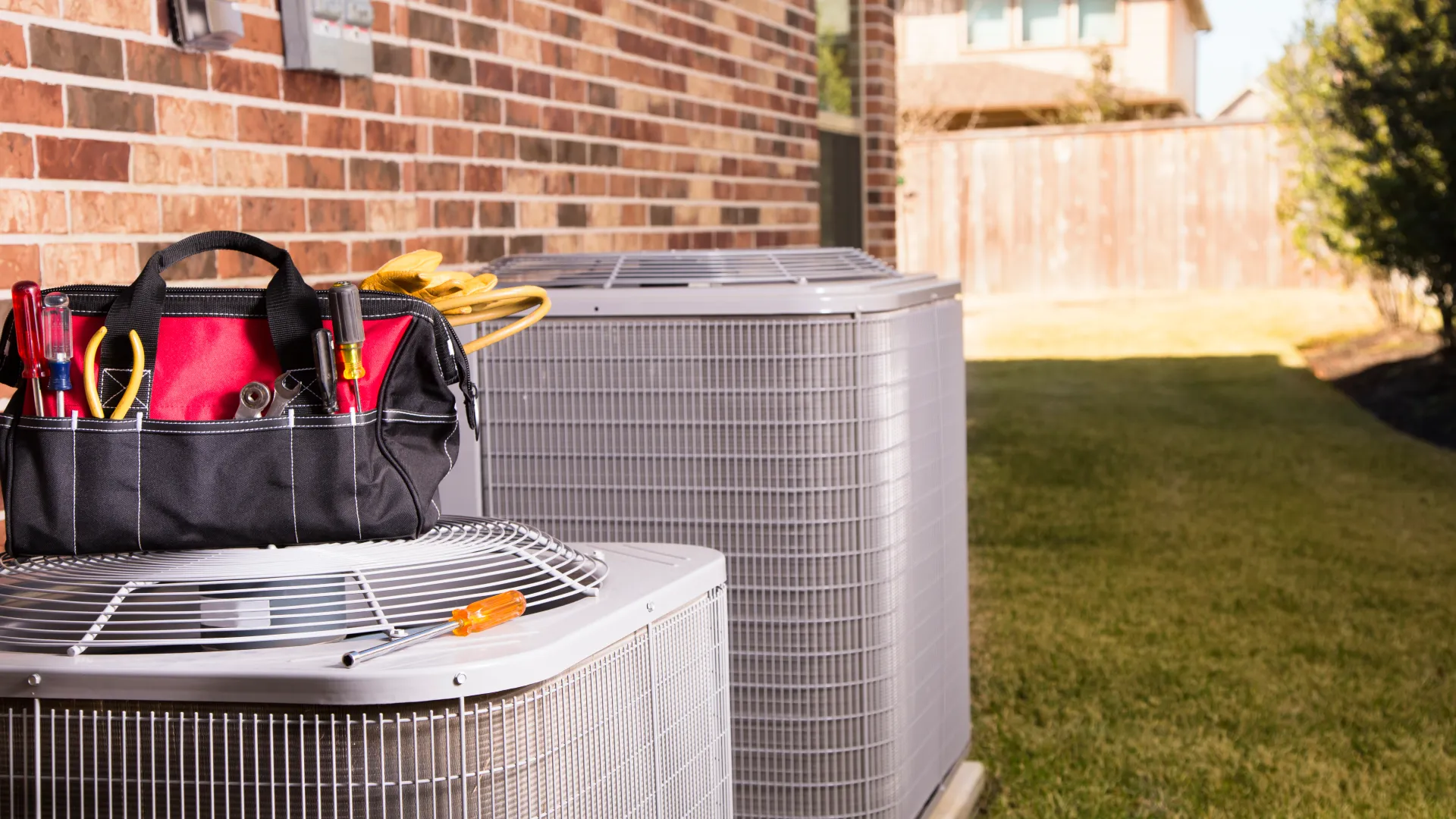Don’t Dismiss Leaks
A leak is something you shouldn’t ignore, ever. Not only can this create significant property damage to your home, it can be the sign of something going wrong inside your boiler, and it can lead to system inefficiency.
Pay Attention to Temperature Issues
Is your water typically cooler or hotter than what the temperature is supposed to be? You could have a problem with your boiler system. This is usually the sign the water isn’t circulating as it should be, which means your boiler can’t possibly heat your home in a consistent manner.
Look at Your Heating Bill Carefully
Your energy bills are of course going to rise the more you use your boiler during the winter season. But if these bills are significantly higher than they were last year, or compared to what your neighbors are paying for similar use, then you likely have a system that isn’t performing as efficiently and effectively as it once was.
Take Note of How Often You Call for Repairs
The above mentioned issues are all repair needs you might face with your boiler at one time or another—but they shouldn’t be all grouped together. If you’re constantly calling for repairs, then it may be time to consider a boiler upgrade altogether. A new boiler is certainly a large investment, but if your repair costs keep adding up then it may make more economic sense to go with a replacement.
Typically, the rule of thumb is that if you have a pending repair or group of repairs that will cost about half of what your boiler is worth, it’s more cost-effective to replace it than to do that repair. Maintenance will help prevent premature system breakdown, but there’s just so many repair jobs a boiler can handle. This is particularly true for an aging system—that is, one that is 15 years old or more.












